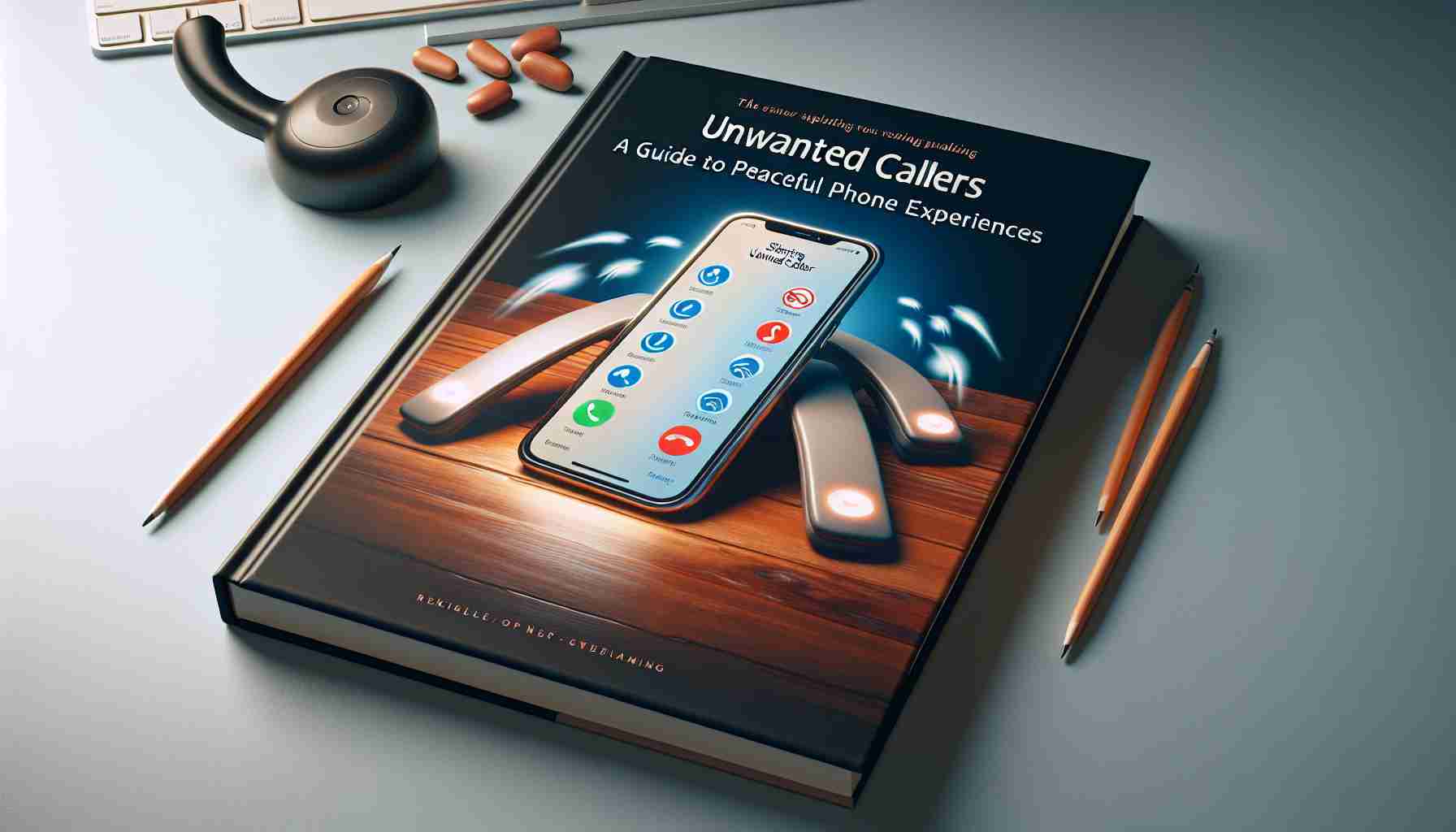Fed up with persistent undesirable calls? Whether it’s from marketers who don’t get the message, an ex who keeps dialing, or scammers, you have options to regain control over your phone’s ringtone.
Do Not Call Registry: A First Line of Defense
Start by registering your phone number with the National Do Not Call Registry at DoNotCall.gov. You can list up to three numbers, confirming your intention via email. Activation takes about 24 hours, but allow up to 31 days for a noticeable drop in telemarketing calls. If calls don’t cease, reporting violators to the FTC is your next step.
Utilizing Smartphone Apps
To combat robocalls and spam texts, various apps such as Robokiller, Nomorobo, and Do Not Respond offer services to block these nuisances. The FCC and FTC are actively working to reduce these interruptions, but complete elimination is not yet a reality.
Effective Call Blocking Strategies
For iPhone users with iOS 13 or newer, the ‘Silence Unknown Callers’ feature is useful—it sends unidentified callers straight to voicemail. Text spam can be filtered by adjusting your settings to separate messages from unknown senders. Should you wish to block a specific number, both call and contact lists offer an option to ‘Block this Caller.’
For Android users, the process varies by the device but generally includes an option to block numbers directly from your call log or through menu selections. The innovative ‘Call Screen’ feature allows Google Assistant to pre-screen calls from non-contact numbers.
Carrier-Specific Applications
Most U.S. wireless carriers also offer services to help manage unwanted calls. For example, AT&T’s Call Protect and Verizon’s and T-Mobile’s scam blocking apps provide call management features. With increasing carrier compliance with the STIR/SHAKEN protocols enforced by the FCC, legitimate calls are authenticated to curb spoofing, although it doesn’t guarantee a total stop to such calls.
What are the main challenges associated with silencing unwanted callers?
– Ensuring Caller Identification Accuracy: One of the key challenges is the difficulty in accurately identifying legitimate calls versus unwanted calls. Callers, especially scammers, often spoof their numbers to appear as a different, often local, number to deceive the recipient.
– Limitations of Blocking Techniques: Blocking technologies are not foolproof. Some legitimate calls might be mistakenly blocked, while unwanted callers often change their numbers to evade blocking measures.
– Regulatory Compliance: Ensuring all telemarketers and organizations comply with rules like the National Do Not Call Registry and STIR/SHAKEN protocol is challenging, as many operate internationally or find loopholes to continue their operations.
What are the advantages and disadvantages to these solutions?
Advantages:
– Increased Privacy and Peace: Silencing unwanted callers can greatly increase personal privacy and provide a more peaceful and interruption-free life.
– Reduced Scam Risk: Call blocking can mitigate the risk of falling victim to phone scams by reducing the number of deceptive calls received.
Disadvantages:
– Blocking Legitimate Callers: There’s a risk of missing important calls from unknown numbers, such as from a hospital or a new employer.
– Continuous Effort: Due to the persistent and adaptive nature of spammers, constant updating of blocking lists and technologies may be necessary.
Are there any controversies associated with this topic?
Yes, there are controversies, including privacy concerns surrounding the data collected by call-blocking apps and services, as well as the potential for abuse by errantly blocking legitimate businesses or enforcing censorship.
To maintain the online security of the suggestions, I will only be recommending main domains that I am certain are reputable.
– For more information about the National Do Not Call Registry or to register your number, visit: DoNotCall.gov.
– To learn more about FCC guidelines on unwanted calls, check out: FCC.
– The Federal Trade Commission (FTC) can provide additional resources on consumer protection and how to report violators: FTC.
